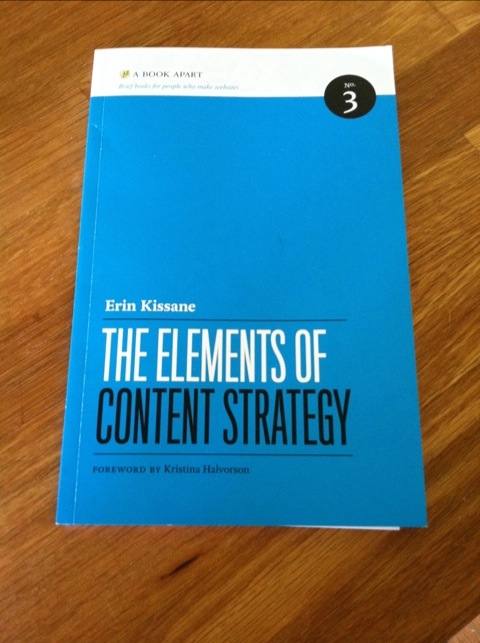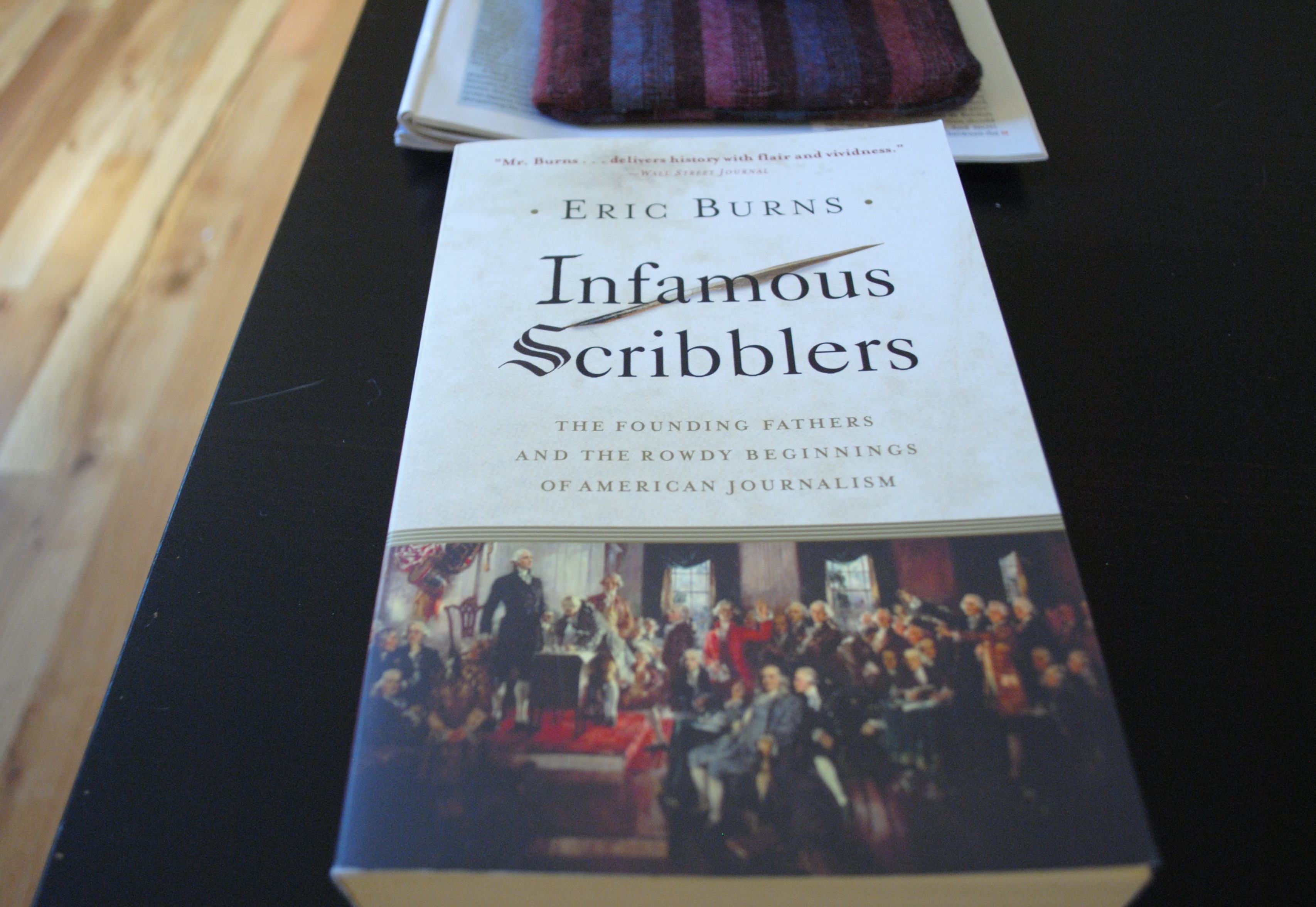Author’s note: A quote or a few sentences about a piece make up many of my posts here. This time I’m trying something new. Consider it an experiment in turning my blog into a type of digital marginalia. I’d love to hear what you think about it.
A rainy Sunday in Portland seemed like a good time to sit down and read Craig Mod’s essay Post-Artifact Books and Publishing. In a word it’s brilliance. Craig nails it. It’s such a thought-provoking piece that I wanted to make some notes. All quotes come from the essay unless otherwise noted.1
Natively digital
Take a set of encyclopedias and ask, “How do I make this digital?” You get a Microsoft Encarta CD. Take the philosophy of encyclopedia-making and ask, “How does digital change our engagement with this?” You get Wikipedia.
Great observation. Like much of the essay the driving point is that digital becomes powerful when it is not shoehorned into analog conceptions of artifacts. A book is a book (or a newspaper a newspaper) because that was what the technology used to best allow for. With new technology we will redefine our artifacts of information.
This quote also made me think of what we call “online learning” today. For the most part I think we’ve taken our idea of instruction in college and high school and placed that into online tools. What we’re missing is the form of instruction that stems from asking, “How does digital change what we can do with information, instruction, and learning?”
Publishing for all
We cannot know how much magnificent culture went unpublished by the white men in tweed jackets who ran publishing for the past century but just because they did publish some great books doesn’t mean they didn’t ignore a great many more … So we’re restoring the, we think, the natural balance of things the ecosystem of writing and reading.
That bit’s from Richard Nash of Red Lemonade. The more voices we have the better.
Reminds me of something Fred Wilson has written about multiple times: everyone deserves a printing press. He writes that:
If I look back at my core investment thesis over the past five years, it is this single idea, that everyone has a voice on the Internet, that is central to it.
The more pieces of information we can have publicly available in the world the better.
Shared experience
But — and here’s the real magic — it’s a shared telepathy. A telepathy from one to many, and in that, the many have experiential overlap. Printed matter binds this experience to pulp. With digital, there is the promise of networking that shared experience.
That’s a really cool point. It brings to mind the video IDEO produced on the future of the book. When a text can connect us to others in a shared experience that leads to really powerful possibilities.
This is similar to something Whitman tried to do with it’s Freshman year CORE class. The goal was to create a shared background of foundation texts that could serve as a common frame of reference for the 4 year experience. A problem in that, and in other experiential overlaps that are dependent upon printed texts, is that it requires a common place and time. Digital blows that wide open. Our networking allows us to share that telepathy in real-time or asynchronously from wherever we are.


